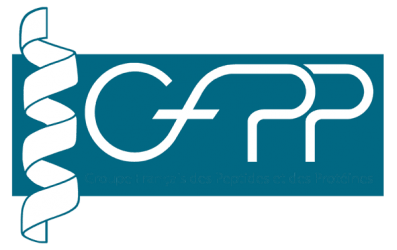
Stapled Panurgines peptides were developed to enhance stability and permeability. PNG-5 showed improved helicity, protease resistance, and anti-breast cancer activity, highlighting the potential of hydrocarbon stapling for creating effective peptide-based therapeutics.
ABSTRACT
The development of novel candidate molecules for breast cancer treatment holds significant clinical value. Panurgines (PNG), derived from the venom of the wild bee Panurgus calcaratus, are particularly noteworthy for their anti-breast cancer activity and antibacterial properties. However, linear peptides are often hindered by poor stability and limited cell membrane permeability, making them highly susceptible to protease degradation. To tackle this challenge, the current study focused on synthesizing a range of stapled Panurgines peptides through hydrocarbon stapling modifications, followed by a comprehensive evaluation of their chemical and biological properties. Remarkably, PNG-5 demonstrated notable improvements in helicity, cell membrane permeability, proteolytic stability, and antitumor activity. This study examines how the hydrocarbon stapling technique significantly affects the secondary structure, hydrolase stability, and biological activity of PNG, revealing its potential as a transformative and powerful anti-breast cancer therapeutic. These findings lay a strong foundation for the development of innovative and highly effective peptide-based anti-tumor drugs.


